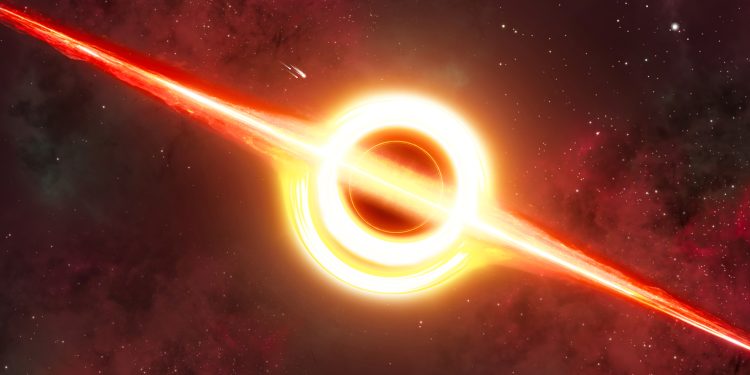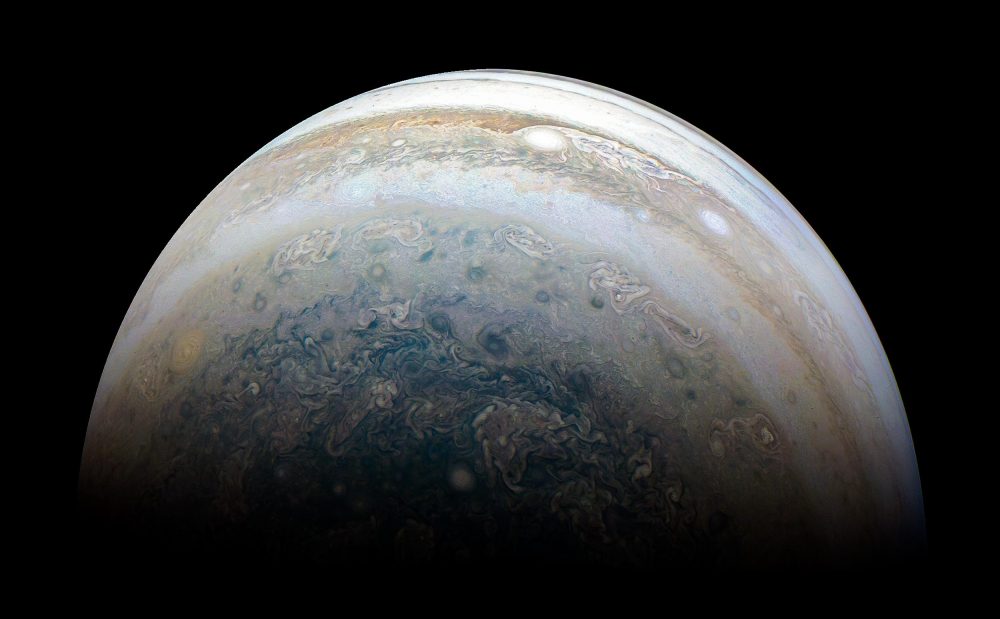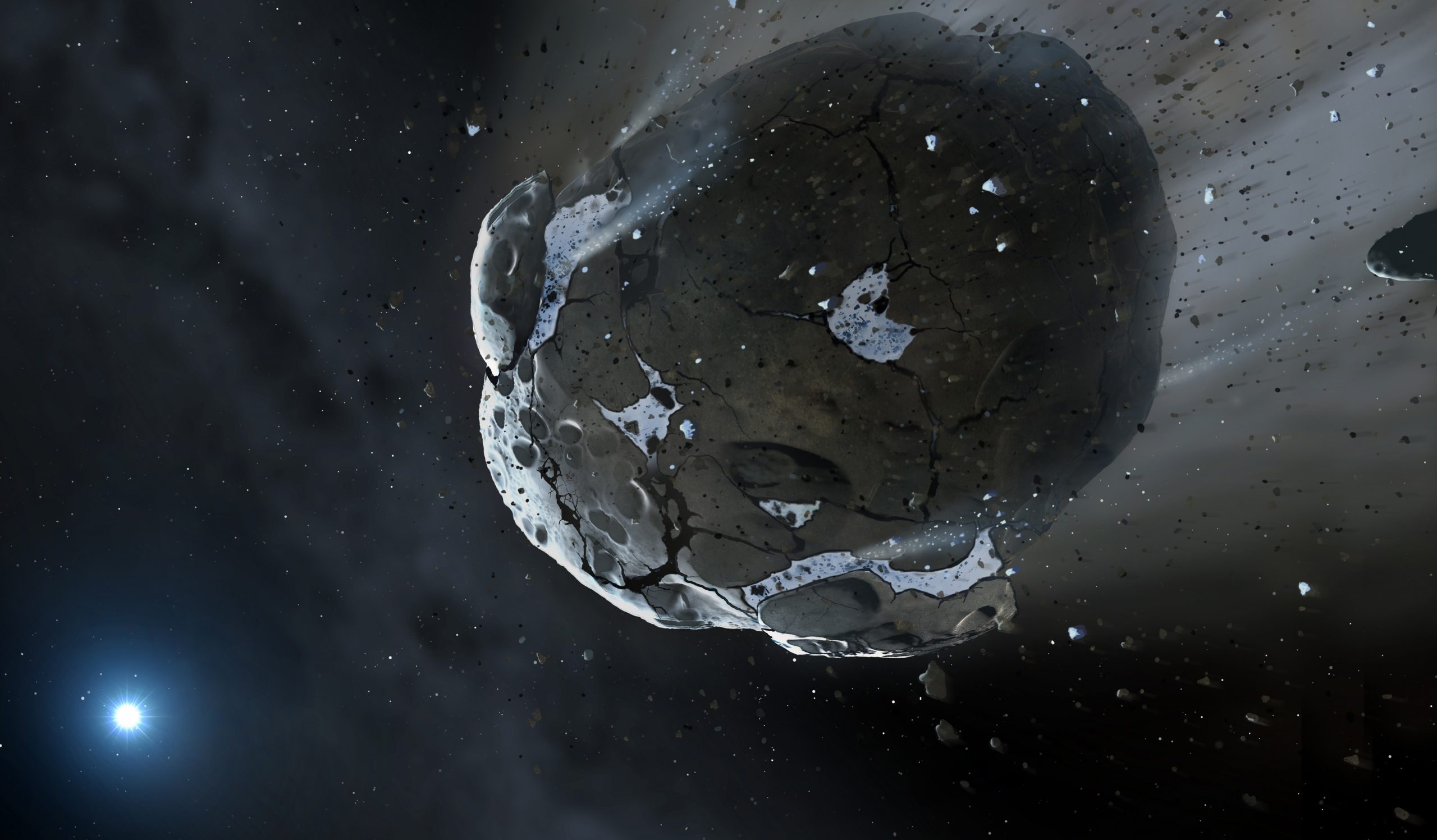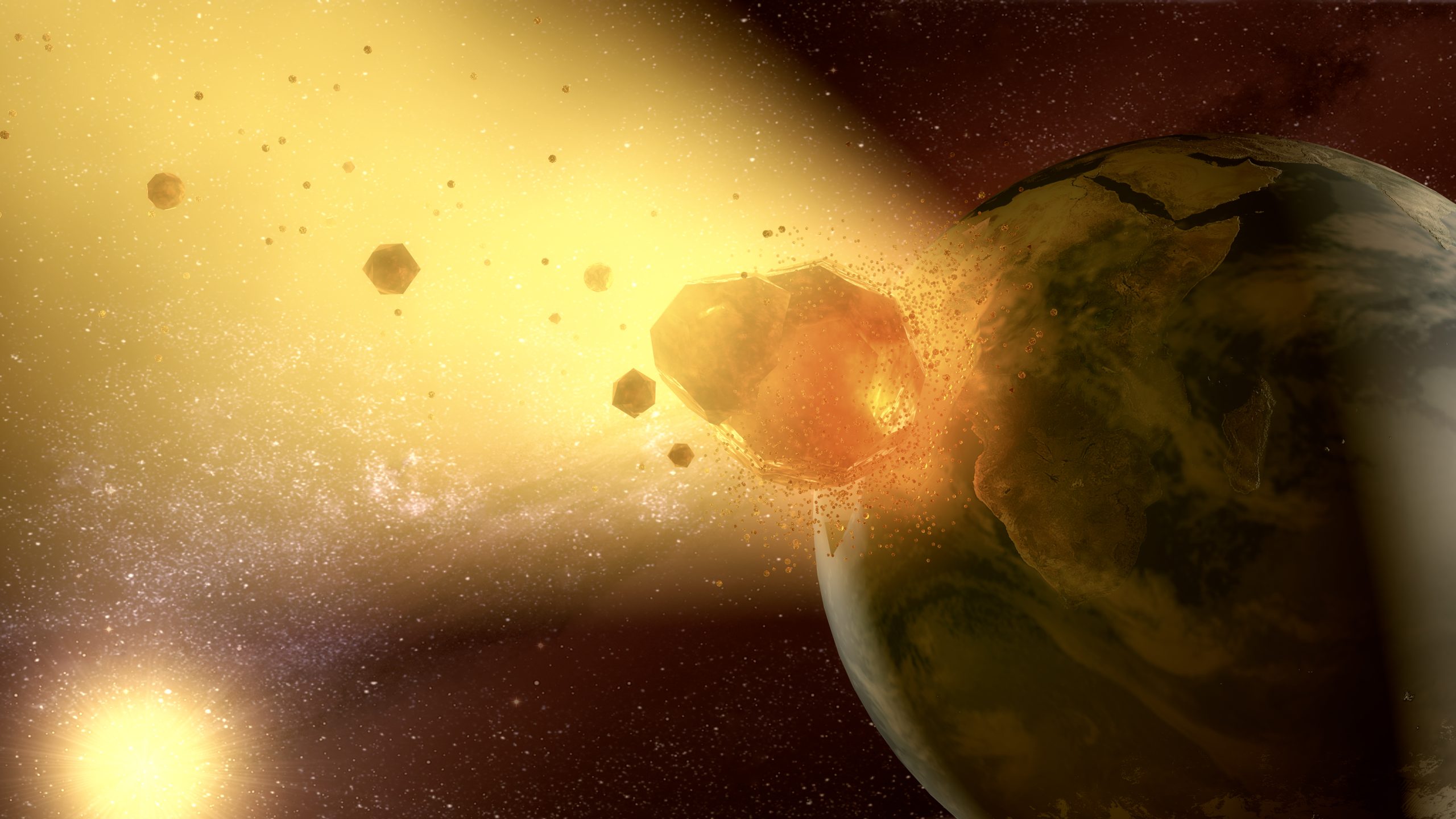For decades, black holes have captivated the scientific world, presenting paradoxes that seem to challenge our understanding of the universe. Now, a groundbreaking study suggests that these cosmic enigmas may not be black holes at all, but rather frozen stars—an idea that could revolutionize our understanding of space and even challenge Einstein’s iconic theory of general relativity.
The Frozen Star Hypothesis
Traditionally, black holes are described as regions of space where gravity is so intense that nothing—not even light—can escape. According to Einstein’s theory of general relativity, black holes have two defining features: an infinitely dense point at their center, known as a singularity, and an event horizon, a boundary beyond which escape is impossible.
However, a team of researchers has proposed an alternative theory. Their study, published in Physical Review D, posits that what we have been calling black holes might actually be frozen stars, or black dwarfs—stellar remnants that have cooled to the point where they emit no light or heat. Although black dwarfs are theorized to take trillions of years to form, this study suggests that their properties could resolve many of the paradoxes associated with traditional black holes.
Paradoxes Explained
Black holes, as currently understood, present several scientific contradictions. One of the most significant issues is the existence of singularities. In nature, infinities are generally not observed, and physicists often consider everything to be finite. The idea of an infinitely dense point in space is a major challenge for modern physics.
Another conundrum is Stephen Hawking’s radiation paradox, which suggests that black holes emit radiation and gradually lose mass, ultimately evaporating. But if black holes trap everything within their event horizons, how can anything, including radiation, escape? This seems to violate Einstein’s prediction that nothing can escape a black hole.
Finally, there is the conservation of information paradox, a fundamental principle in quantum mechanics. If black holes completely evaporate, what happens to the matter and information that they once contained? In theory, this information should never be destroyed, but the traditional black hole model suggests otherwise.
Frozen Stars: A New Solution
According to the new study, these paradoxes vanish if we consider black holes as frozen stars. Unlike black holes, frozen stars do not possess singularities or event horizons. This means they do not trap all matter and radiation within their boundaries, aligning with Hawking’s findings about the emission of radiation.
Lead author Ramy Brustein, a physics professor at Ben-Gurion University, explains, “Frozen stars behave like near-perfect absorbers without an event horizon, yet they mimic the gravitational waves and thermodynamic properties of black holes.”
In simpler terms, frozen stars have many of the same outward properties as black holes, but their internal structure differs fundamentally. This structure could be key to explaining the long-standing mysteries surrounding black holes.
The Future of Black Hole Research
While the frozen star hypothesis offers a compelling solution to several paradoxes, it is not without its challenges. For one, frozen stars are expected to have an internal structure, while black holes, as traditionally understood, do not. Moreover, there is currently no experimental evidence confirming that black holes are, in fact, frozen stars.
Nonetheless, the theory opens exciting new avenues for research. If validated, it could lead to a significant shift in our understanding of black holes, stars, and the fundamental laws of the universe. Further observational and experimental studies will be needed to test this hypothesis and explore its implications.
What’s Next?
The idea that black holes could be frozen stars introduces a fascinating twist in the study of astrophysics. As scientists continue to investigate the nature of these mysterious objects, the frozen star theory might offer new insights into how the universe works. Could we be on the verge of rewriting one of the most famous theories in modern physics?
What do you think? Could black holes really be frozen stars, or is there another explanation waiting to be discovered? Share your thoughts and join the conversation on our Facebook page or telegram group about one of the universe’s greatest mysteries.











